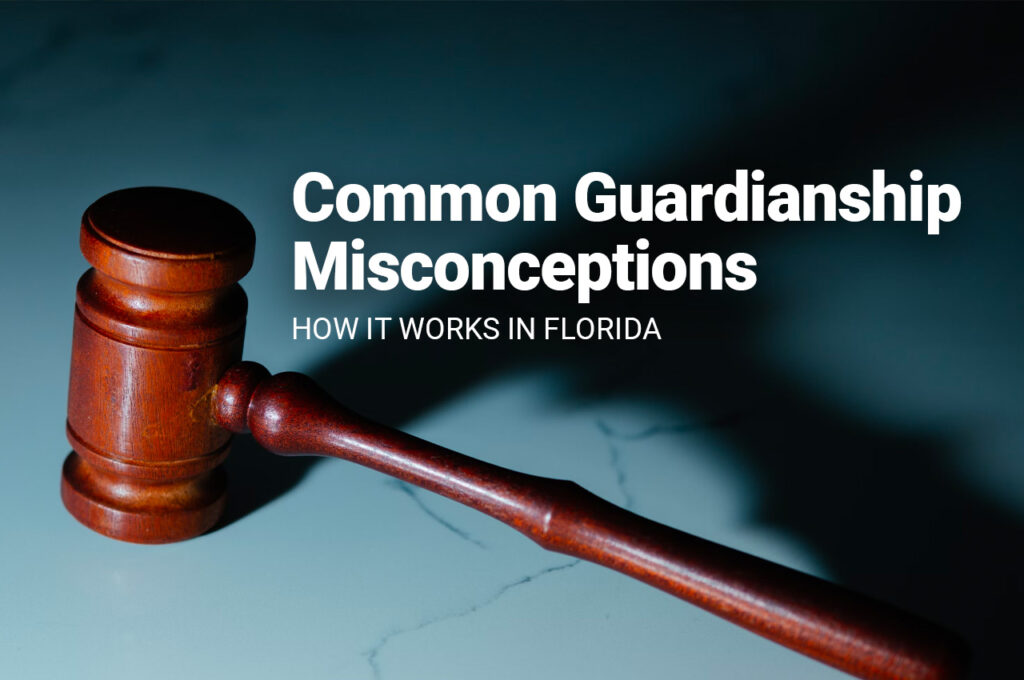When business owners start thinking about retiring or getting their affairs in order, business succession planning should be a top priority, according to local attorney Bart Fleet. During a recent interview with his law firm, Fleet, Smith and Freeman, Fleet offered an in-depth look at business succession planning for owners and the importance of it.
- “Business succession planning is the process of combining estate planning, tax planning and business planning where the clients decide what’s going to happen to their business when they pass away or if they retire,” explained Fleet. “Who’s going to inherit the business? Are we going to sell the business? What are their ultimate goals in dealing with that asset?”
The most common clients interested in succession planning are business owners creating or re-evaluating their estate plans. A primary question is who will inherit and run the business after the owner passes away or steps back from operations.
Fleet said that issues often arise when children are slated to inherit the business but may not want it or have the proper skills and experience to take over operations. Without thorough succession planning, Fleet cautioned, few businesses survive the death of an owner.
- “If they don’t have a plan, there’s rarely someone in place who can take over,” he said.
The fate of the business depends largely on its model and operations. Service businesses that relied solely on the owner’s expertise often have no value after the owner passes away. On the other hand, retail stores and similar businesses with transferrable merchandise and operations can more feasibly transition to interested heirs.
- “If it is something like a retail store that sells merchandise, and if there are beneficiaries who have an interest in the business, then there’s a way in which we could transfer the business to those people and the business would survive,” explained Fleet. “Then we could worry about the economic consequences of that later.”
The key is transitioning operational knowledge before transferring full ownership.As Fleet put it, “If the restaurateur-owner is the only person that knows how to run the restaurant, it’s not going to survive.” Identifying and training a successor, whether a family member, employee or third party, helps secure the business’s future.
Fleet noted that transitioning ownership and leadership is best done over time, both during the owner’s life and after death. There are various methods to gradually transfer ownership interests, responsibilities and knowledge.
Tax implications are another key consideration. “There are some income tax implications that can happen if you don’t do it right. You can generate income tax exposure, tax liability that’s unintended,” Fleet said. Careful succession planning aims to minimize tax burdens on the owner and heirs.
With so many factors at play, Fleet emphasized that every business requires customized strategic planning. He advises that business owners be proactive and start planning well in advance of retirement or exiting the business.
- “If you’re a business owner and you’re contemplating retiring or getting out of the business one way or another, or you’re contemplating preparing an estate plan, give our office a call and let us help you come up with a plan that maximizes the economic benefit to you and your beneficiaries, and minimizes the tax implications,” he concluded.
For local business owners interested in learning more about business succession planning, contact the law offices of Fleet, Smith and Freeman.





